As COVID-19 Vaccines Start, Some Show Skepticism
COVID-19 Vaccine. COVID-19 Corona Virus 2019-ncov Vaccine Injection Vials Medicine bottles. Vaccination, immunization, treatment to cure Covid-19 Corona Virus infection. Healthcare And Medical concept. Photo courtesy of BigStock.com.
December 15, 2020
After months of research, quarantining, and re-shaping lives to prevent the spread of COVID-19, research suggests there may finally be light at the end of the tunnel.
November and December saw the announcement of three different vaccines for the virus. Each vaccine is undergoing trials, and if all goes well, the first doses could be distributed within a few weeks at the earliest.
History has been made with expedited development and clinical trials of these vaccines, as rules and timelines were bent in order to make this vaccine possible as soon as time would allow.
To many here, this is a victory in a long, hard-fought battle.
To others, however, this only raises new concerns, especially doubts surrounding the quality and efficacy of these vaccines.
“I was talking to my mom about it the other day, and she said that she was getting it as soon as it was released,” Eleanor Reyelt ‘23 said. “I thought she was a little crazy because there is so much unknown about long term effects.”
Despite this, Reyelt did say that she was hopeful about what the future holds. “These vaccines do really make me hopeful about the progress being made here in the United States,” Reyelt said.
Reyelt’s concerns were echoed in a survey conducted by Pew Research Center, where out of the U.S. adults who said they would probably or definitely not get the vaccine, side effects were a major concern. Of the participants, 72% answered that they wanted a better understanding of how it works, while 13% said that they were concerned about the price, and 31% think that they do not need it.
To help combat vaccine hesitancy, scientists are asserting that clinical development is a three-phase process.
During Phase 1, small groups of people receive the trial vaccine. In Phase 2, the clinical study is expanded and the vaccine is given to people who have certain characteristics, such as age and physical health similar to those for whom the new vaccine is intended. In Phase 3, the vaccine is given to thousands of people and tested for efficacy and safety, according to a CDC webpage.
Both Pfizer and BioNTech announced November 9 that the vaccine candidate was found to be more than 90% effective in preventing COVID-19 in participants without evidence of prior infection.
This study enrolled 43,538 participants, which means that for 39,184 of these people, the vaccine proved successful.
“Today is a great day for science and humanity. The first set of results from our Phase 3 COVID-19 vaccine trial provides the initial evidence of our vaccine’s ability to prevent COVID-19,” said Dr. Albert Bourla, Pfizer Chairman and CEO. “We are reaching this critical milestone in our vaccine development program at a time when the world needs it most with infection rates setting new records, hospitals nearing over-capacity and economies struggling to reopen.”
Bourla looks forward to sharing more information about the vaccine in the coming weeks. “With today’s news, we are a significant step closer to providing people around the world with a much-needed breakthrough to help bring an end to this global health crisis.”
November 16, the final numbers from Pfizer’s Phase 3 trial were announced to be 95% successful. The vaccine, which requires two shots spaced a month apart, may also lessen the severity of the disease. During the trial, 10 out of 43,538 people became severely ill. Nine of those people were in the placebo group, while one severely ill person was in the vaccine group. Among people 65 and older, the vaccine was more than 94 percent effective in both Pfizer and BioNTech.
This particular announcement could be a step in the right direction because vaccines tend to be less effective for older people due to the fact that immune systems weaken with age. Not only that, but the virus is far more dangerous to this age group.
The third front-runner for a COVID-19 vaccine, Moderna, also succeeded in their large-scale trials. From this 30,000 person trial, the vaccine offered up a 94.5% success rate. Only five of the 30,000 people given the shots developed cases of COVID-19. These numbers, according to the companies, are immensely promising.
“I am feeling hopeful about the COVID vaccines.” Marlie Kass ‘23 said. “We’re taking steps in the right direction, and any step that will help those most vulnerable right now is what we need.”
To many, there’s now an end in sight to the pandemic. Despite the rising cases, a glimmer of hope exists in public’s response to the nearing vaccine. Scientists want to make it clear that the public must remain vigilant and continue to take the recommended precautions in order to continue to keep everyone safe.

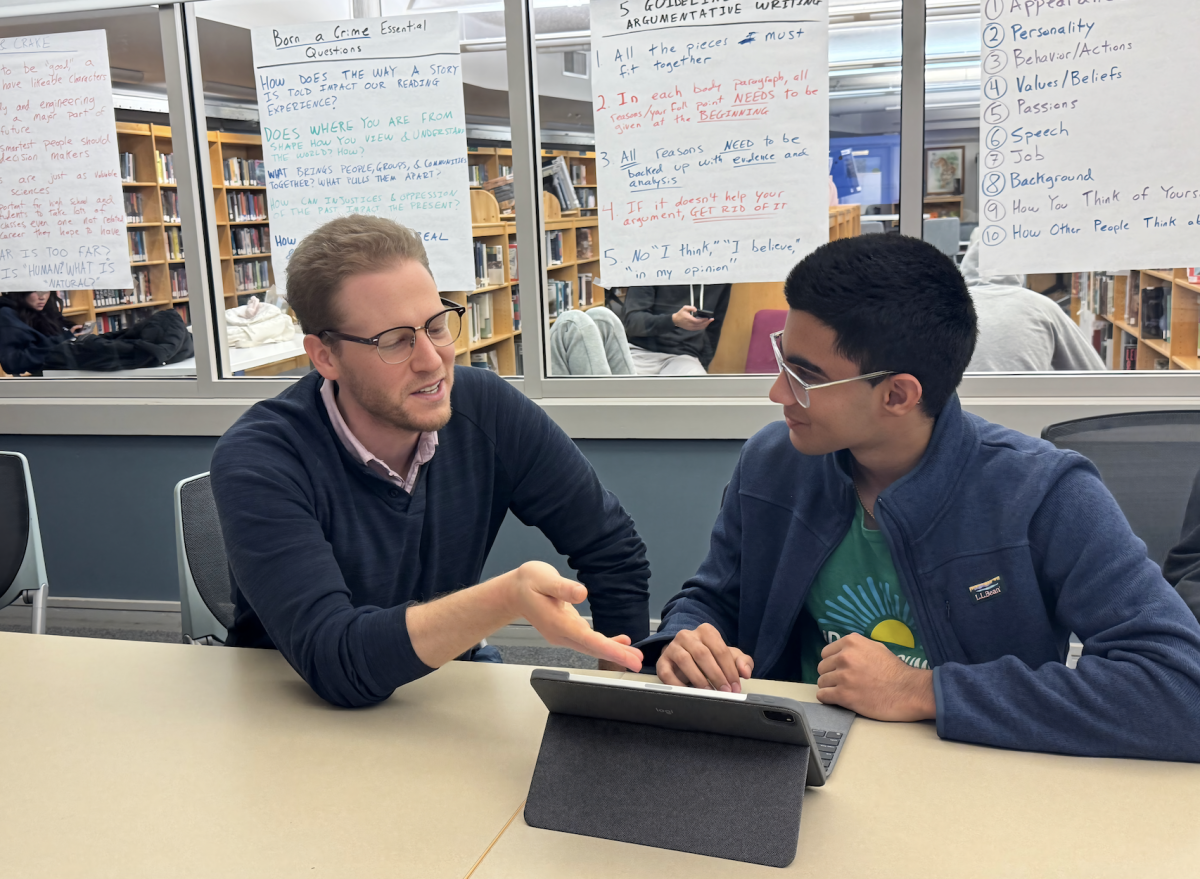




























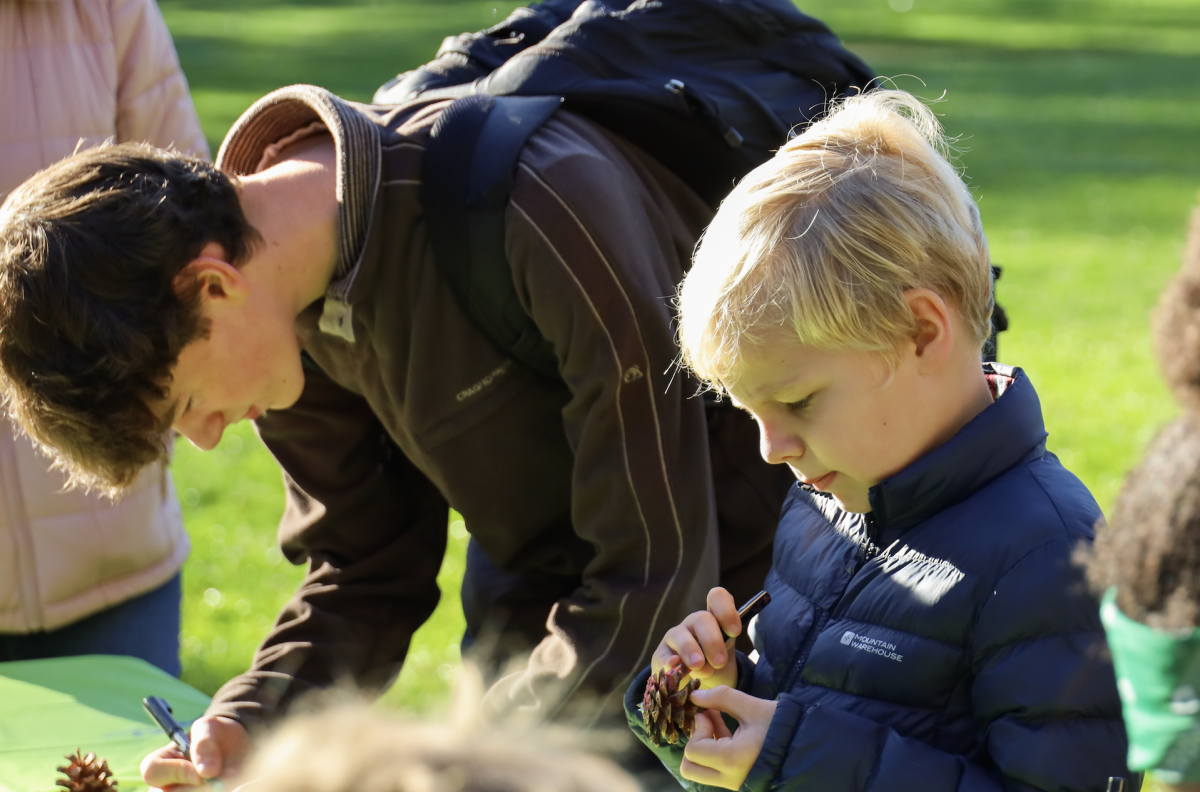
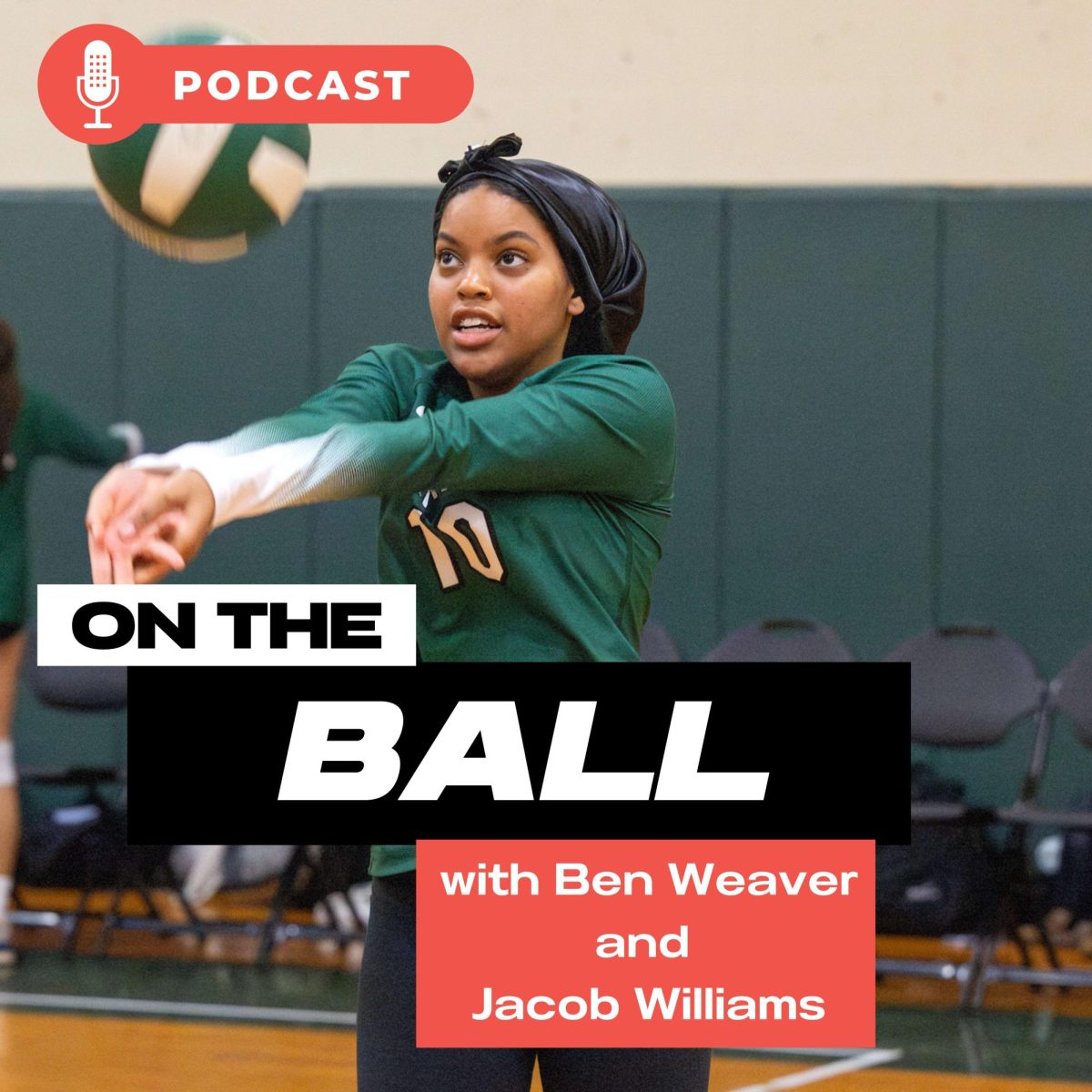
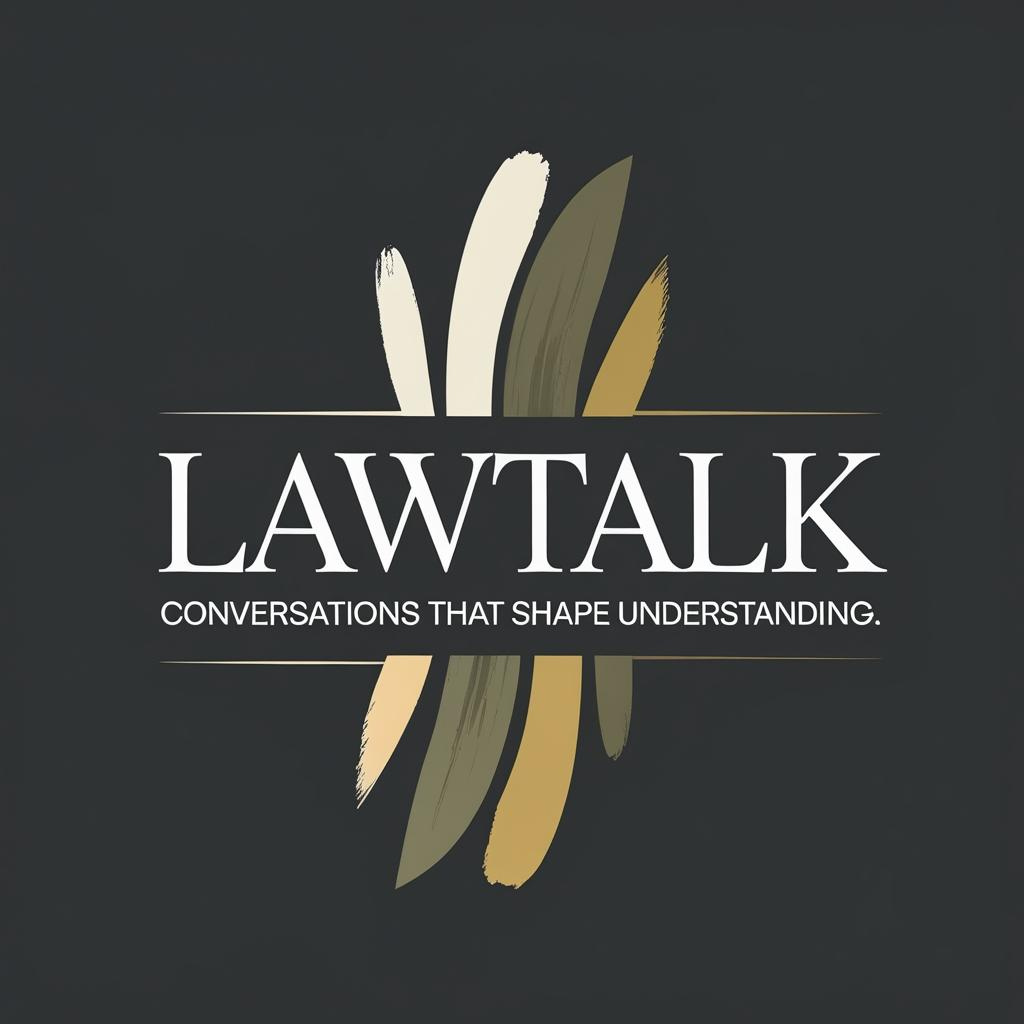















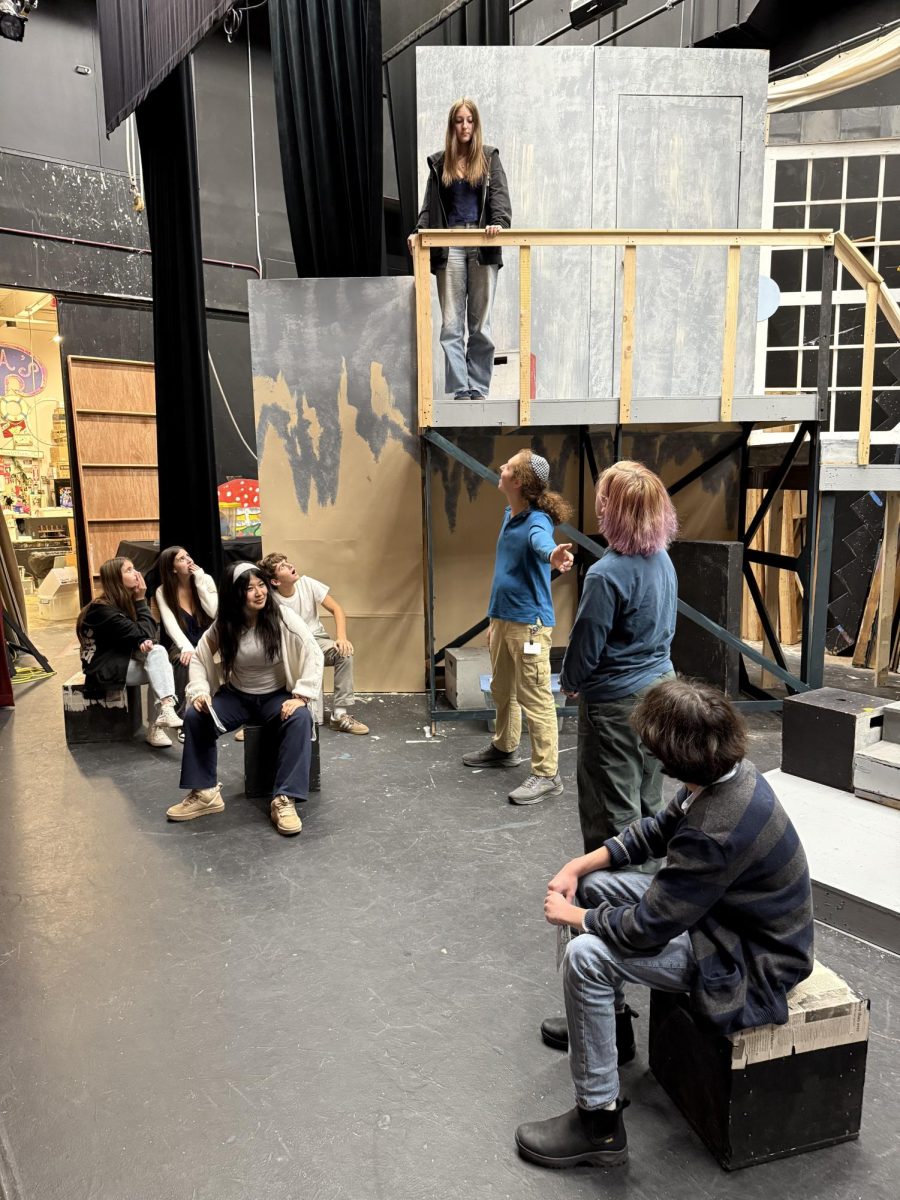





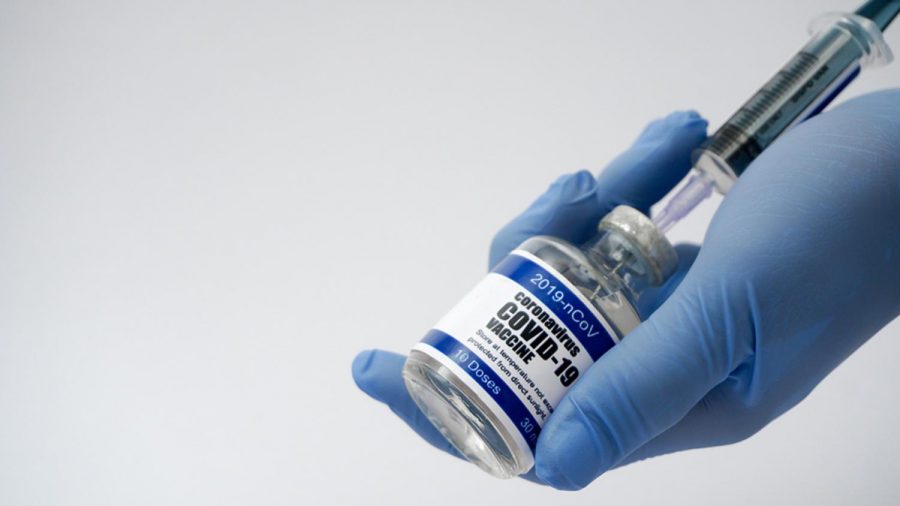
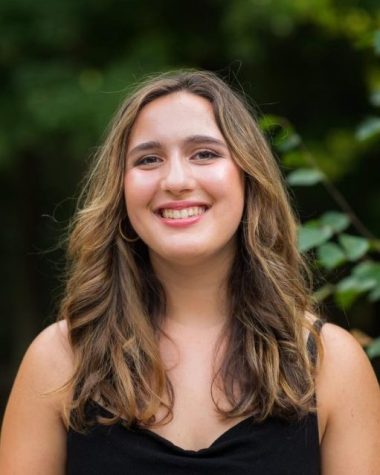
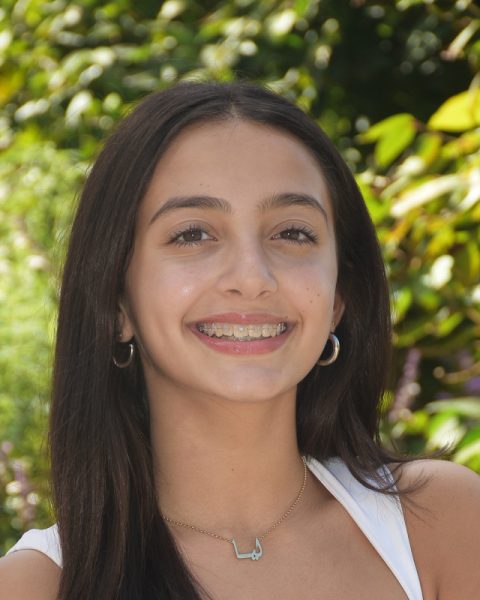

Arthur N Papas, MD • Dec 24, 2020 at 6:33 pm
Grace, thank you for a substantive article written with thought and feeling and insight. You have a rich writing style that keeps our attention. Please press on!!
Love, your Papou